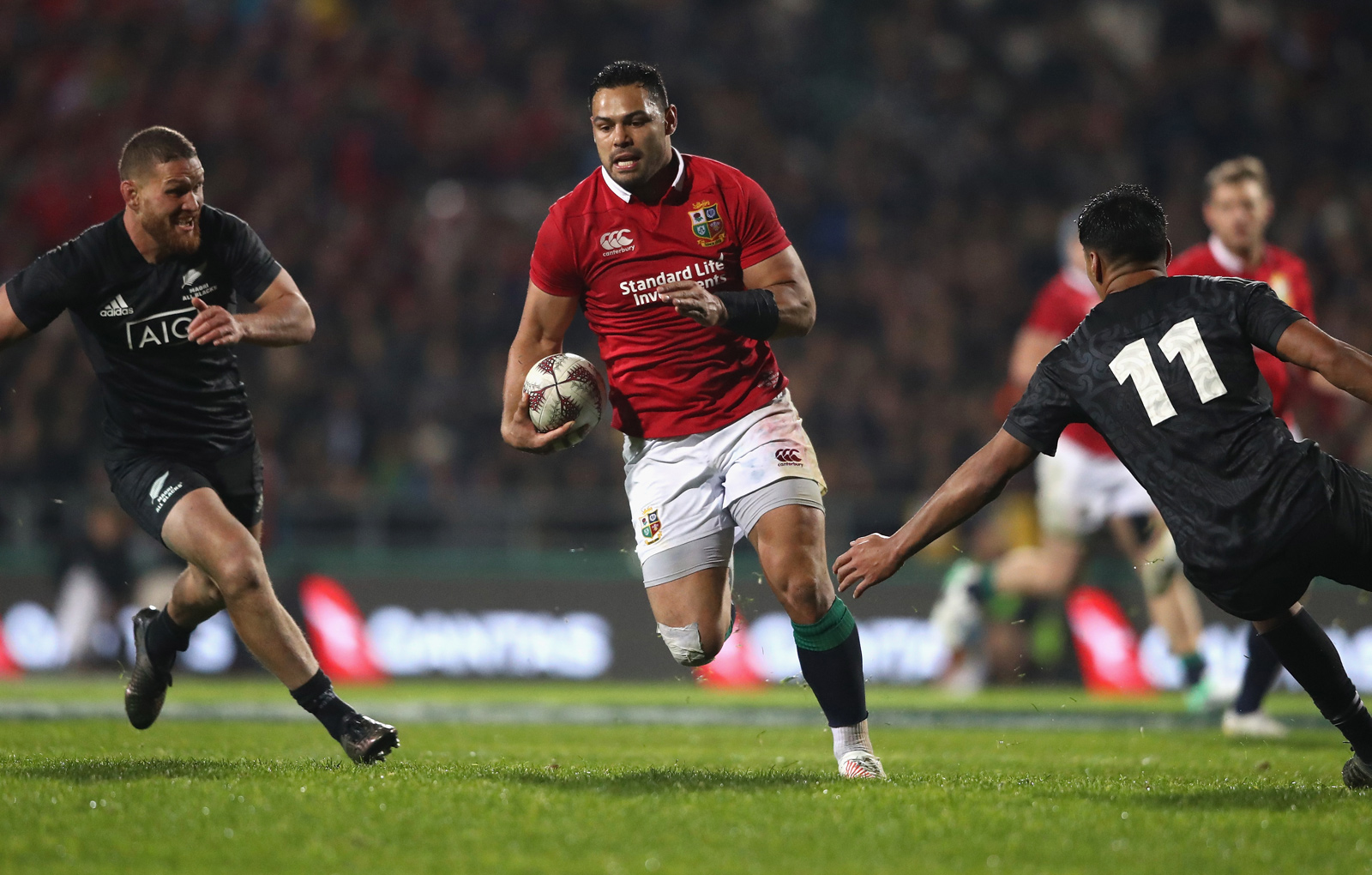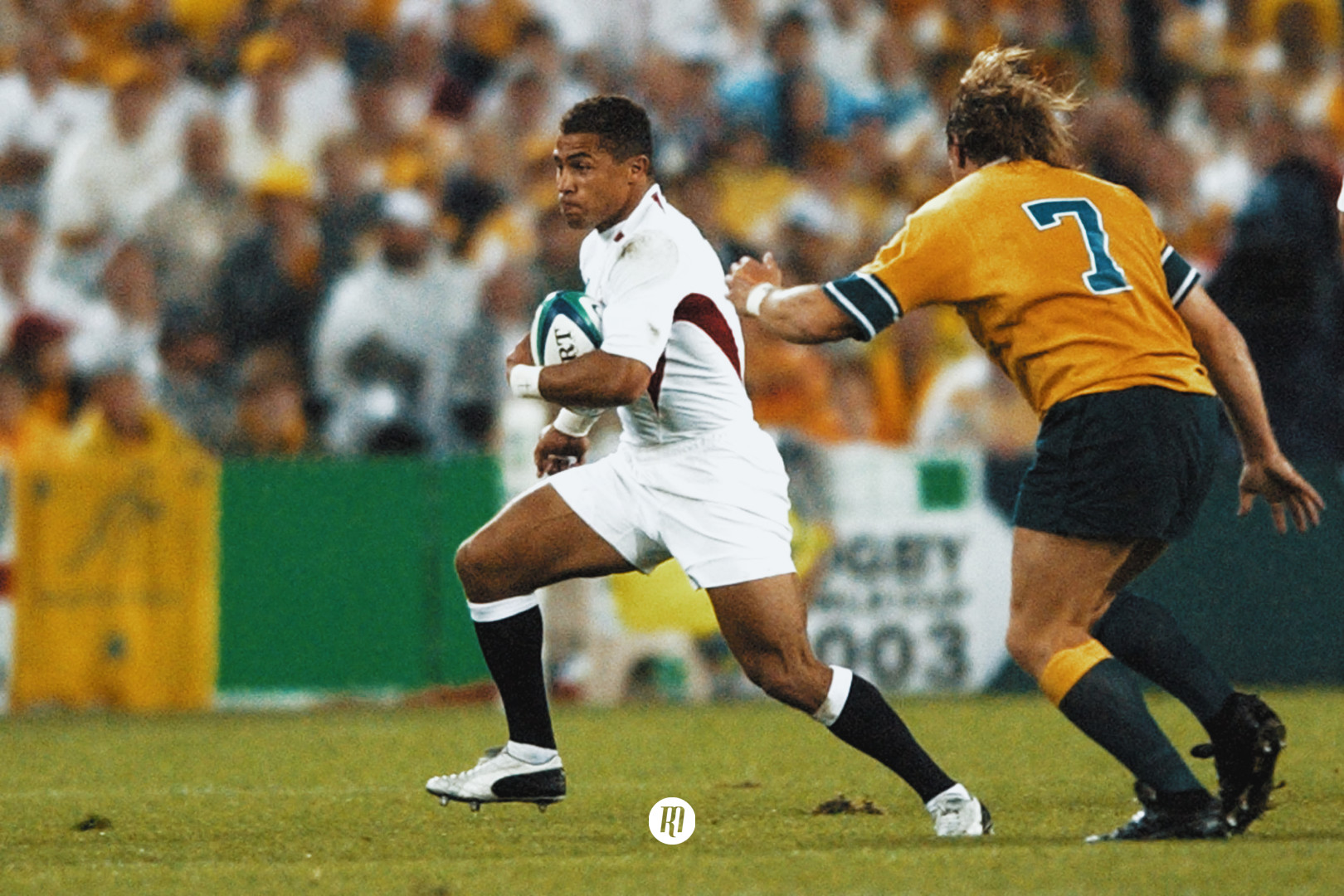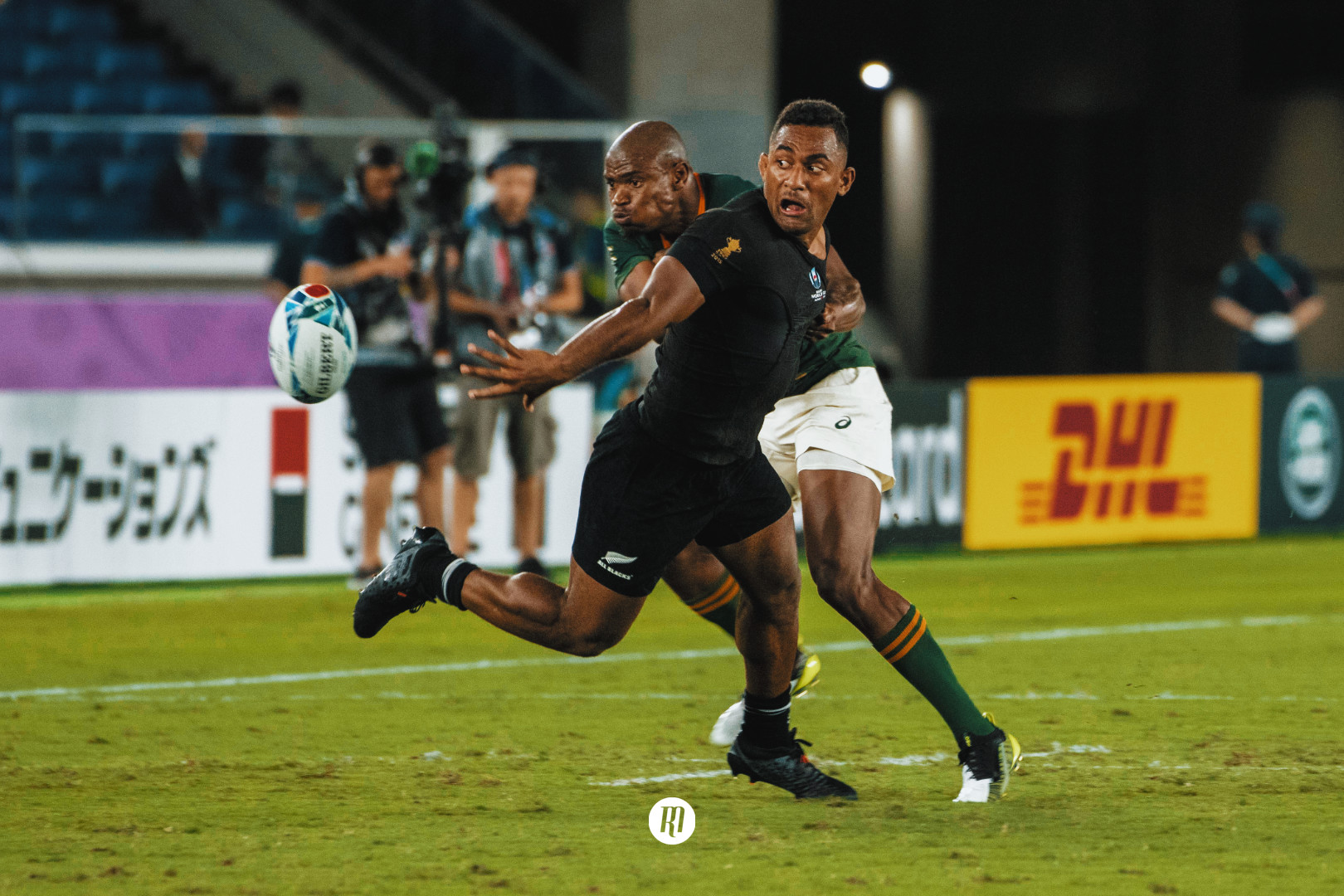Match Analysis: Maori All Blacks v Lions
The Lions registered their greatest ever victory over the New Zealand Māori, beating them by 32 points to 10. Join us as we analyse the key aspects of the sodden match in Rotorua.
There was a good deal of excitement going into this fixture; historically, New Zealand Māori against the British & Irish Lions have been very close affairs, often decided by a handful of points. Indeed the greatest margin of victory to date was registered by the 1971 Lions side, who amassed eleven points more in a 23 points to 12 win.
Before their victory in 2005 over Clive Woodward’s side, the Māori All Blacks had failed to beat the Lions, despite pushing them close on every occasion, and the same was expected going into this fixture. Combine that with the strength in depth within New Zealand rugby, and the Māori side that were named for this fixture, and most had billed this as a fourth test for the Lions; the excitement was palpable.
It was clear early on though, that any enthusiasm for the clash of rugby cultures was severely dampened by the weather. This was perhaps felt more so by the Māori side, whose open running play is not supported by wet, slippy conditions, and it rather played into the Lion’s hands in providing a platform for tight rugby.
In the end, six penalties from Leigh Halfpenny, and a converted try from Maro Itoje, along with a penalty try saw the Lions come out comfortable winners by 32 points to 10.
Attrition
Of course, a close, tight environment is one in which the Lions thrive; putting the opposition under immense pressure with their very high line speed, winning the collisions and forcing mistakes, and in turn capitalising on the set piece.
This was highlighted by the starting position of Damian McKenzie at each ruck as the game wore on; he was moving deeper and deeper, forced back under the pressure of the Lions defence. This put the Māori in a position where only magic could get them over the gain-line, and in these wet conditions, their short offload game became a burden rather than an advantage.
It remains remarkably unlikely that Beauden Barrett would allow himself to be forced back so deep, and Steve Hanson will have no doubt noted the excellent game plan that the Highlanders put together to counter the Lions defence; moving the ball away from the point of contact and not allowing the Lions to degenerate the game into the attritional grind they excel at.
And how they excelled at it in this fixture. They remained strong at the ruck, working in pods of three and presenting excellent ball to Conor Murray, who again had a solid game. How strong too was their set piece; George Kruis was a mountain in the line out, and his performance will have certainly nudged him ahead of Alun-Wyn Jones for a test berth. Maro Itoje proved again what a fine athlete he is, working hard with the ball in hand, in the tackle and on the floor.
Every player that started in the pack in this fixture absolutely put their hands up for a starting place in the first test, and perhaps testament to this was Gatland’s speed at replacing them once the game was won. Keep them fit and avoid injuries.
Control
While there were good performances from Ben Te’o and Jonathan Davies in the centre, the backs still looked remarkably impotent. Yes, the weather affects their ability to spread the ball and open the game up with footwork, but passes were to the man and didn’t draw them on, leaving the runners static. Further to this, decisions in the final moment left the team wanting; Ben Te’o made a great break through the line but veered right at the last minute, away from the support of Jonathan Davies. George North couldn’t find a supporting line when Jonathan Davies made a break and another chance was squandered.
That said though, there are positives here. Looking back over the fixtures to date, the Lions have clearly been showing signs of improvement. Think back to the first fixture over the Barbarians and how one-dimensional their back play was then. Their rugby against the Māori was a world away from that. It’s still not quite there, and New Zealand are hardly likely to be shaking in their boots.
Something that might be causing them some concern however, is the ability of the Lion’s forwards.
It was evident in the opening stages of this fixture that the Māori All Blacks could not get a hold; early mistakes gifted the momentum to the Lions, and from there, they struggled to dominate. The first half was certainly the more competitive for them, but by the time the second half had closed, it was clear that they had no answer to the Lion’s ascendancy up front.
Further still, they compounded this by losing the high ball battle, often knocking on in areas that gave the Lions a great platform to work from. Credit must go to Conor Murray and Jonny Sexton for their astute kicking and game management in this case.
It was this platform then that allowed Leigh Halfpenny, still having failed to miss the uprights on this tour, to score six penalties, and put the game beyond all reasonable doubt. The Māori All Blacks for the most part remained passive and didn’t look like scoring, despite Liam Messam’s early try after George North failed to collect a kick through.
How more devastating would the Lions be though if their backs could start to click, and work from the platform that the forwards are providing? To date, their most effective performance in this area was against the Crusaders, where forwards were providing runners off Murray and Farrell, and the backs were giving short, wide and deep options. It was a luxury for Farrell, and they opened the Crusaders up; but for the final pass, we might have been lauding that as one of the great Lions victories.
Against the Māori All Blacks then, the Lions had failed to show any marked improvement. Yes, it was wet, but so too was it against the Crusaders. Furthermore, and but for the injured Owen Farrell, this was nearly the same backline; so what was the difference between the Crusaders game and this one against the Māori All Blacks?
Tempo
The Lions controlled this game; they won the set-piece battle; their defensive pressure forced the Māori All Blacks into making mistakes, and they capitalised on the position that astute game management from their half backs provided them.
Having touched upon the movement of the ball through the backs and their lack of line breaks, one thing that has certainly enabled the Lions to drive forward with more efficiency is a higher tempo around the breakdown. The Lions forwards have shown how dominant they are in the contact area, winning the physical battles, and combining this with a higher tempo has shown to date that they have the ability to keep the opposition on the back foot and not allow them to settle defensively.
Tempo is one of those wily characters though, often influenced by the movement and momentum of the game, seemingly remaining out of control at times. When a team can harness and control the tempo of a game however, they can start to force gaps in the opposition defence, and this is the key to the Lions opening the game up in their favour.
The line breaks that were afforded the Lions in this fixture came about due to great individual strength, and poor defence; the All Blacks will not afford such luxury, and so the Lions need to be strong in creating their own space in the defence.
The Lions have shown they are capable of maintaining a high tempo despite the weather in both this fixture, and against the Crusaders, and combining this with the ability of their forwards in the tight, the Lions could find themselves with the power to beat the All Blacks.
Rhys Webb has played well to date, asking questions of the defence around the breakdown, and forcing a high tempo that drives the team forward, but he hasn’t matched the kicking game of Conor Murray. After this fixture however, it certainly feels as if Murray will get the nod for the first test.
If the Lions can play the same style of tight, attritional rugby that they showed in this fixture, and against the Crusaders, they stand a chance of shutting down the All Blacks. It’s going to be a tough ask though, and they will be hoping for anything that might give them an edge.
Fixtures of this magnitude often come down to the finest of margins, and it might just be possible that it’s the rain that tips the balance of power into the Lion’s favour.

Filed under:
British & Irish Lions, Match Analysis
Written by: Edward Kerr
Follow: @edwardrkerr · @therugbymag




